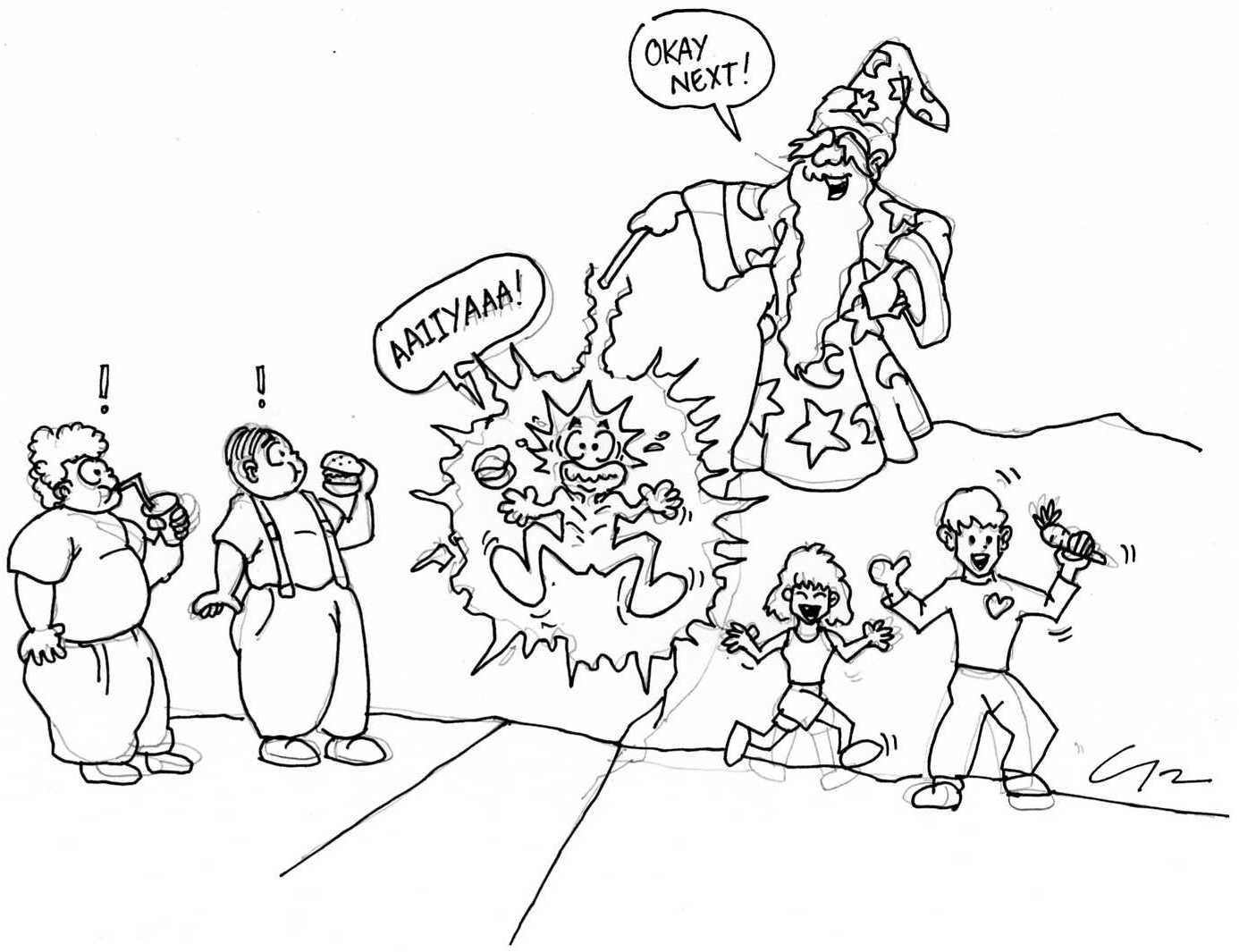The teenage years are the most important time for a person to get nutrients. Rapid growth and change occur during this time, so eating healthy helps with avoiding health problem when you're an adult and "shapes" your future.


Healthy eating is very important in order for one to have energy, sustain a "good" weight, preventing bad eating habits, staying strong, and receiving the right nutrients (see Nutrients post). Not only should you eat the correct foods, but it is important to have good habits when eating.
For "vegeteens" (word coined by us meaning "vegetarian teens"), variety is key. It is important to eat different types of foods--for different meals and the same meal. For example, it isn't considered healthy eating to just eat a Cesar salad for lunch with a small drink. Variety could be as simple as the way your prepare foods, too. You could grill, bake, boil, or stir-fry things instead of using the fast-and-greasy deep fryer.
Good habits are also considered important for healthy eating. For example, skipping breakfast or any other meals regularly would not be beneficial to your health. Also, food choices (kinda like above) develops good habits. You can't have a wizard zap you into eating healthy:
For teens, eating healthy can prevent diseases for the future. For example, teenage girls should get enough iron and calcium to prevent anemia and osteoporosis (not that these are specific to females, but teen girls not receiving enough are more prone to them).
-Karen :D















